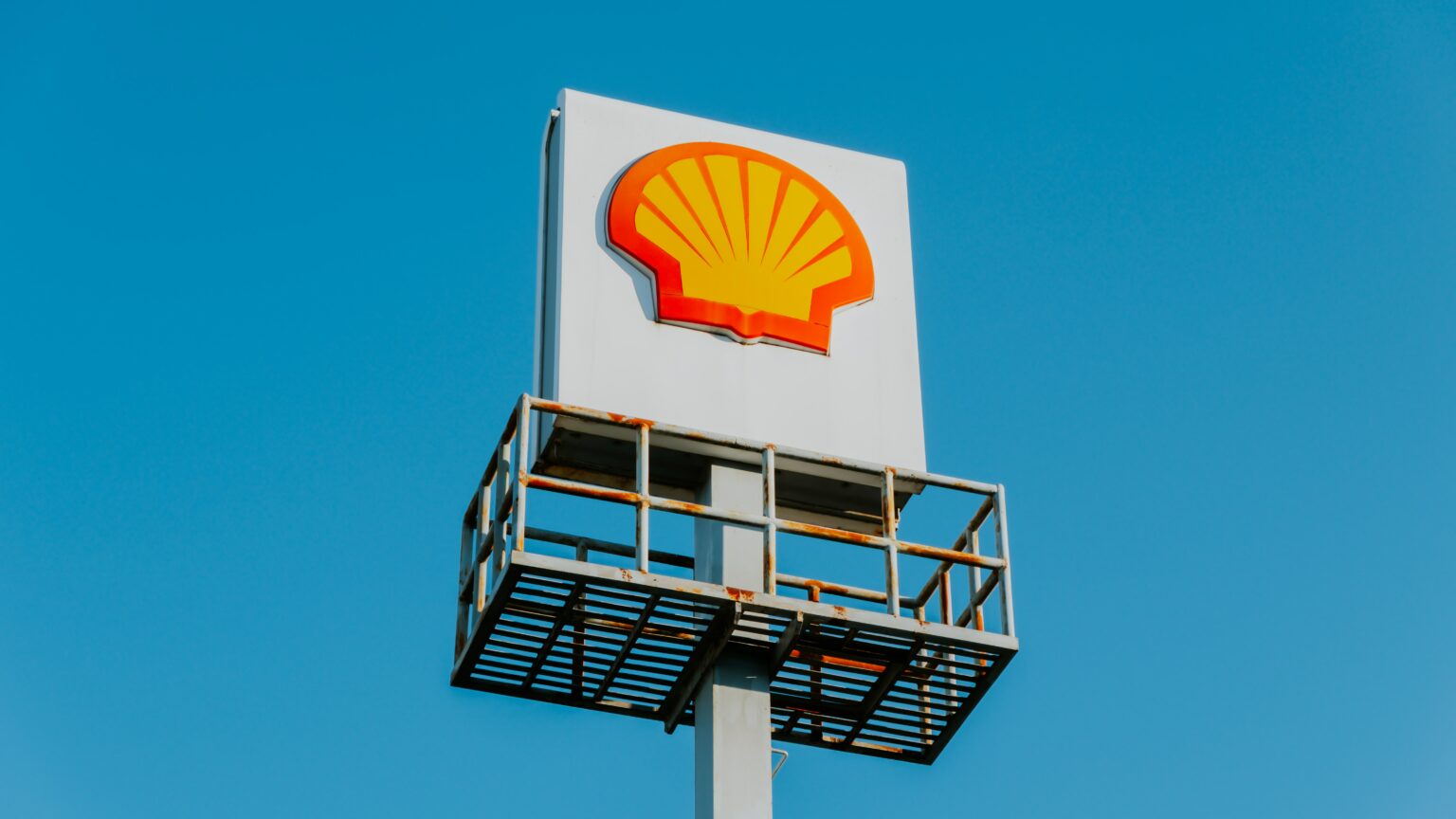Shell Deutschland GmbH has committed to the REFHYNE II project, a 100-megawatt renewable hydrogen electrolyzer at the Shell Energy and Chemicals Park Rheinland in Germany.
Scheduled for operation in 2027, this facility aims to produce up to 44,000 kilograms of green hydrogen daily, contributing to local decarbonization efforts.
The REFHYNE II project benefits significantly from supportive policies, including the European Union’s targets for renewable hydrogen usage and Germany’s regulatory framework. While these policies are essential for the project’s viability, it is important to recognize that the success of REFHYNE II is heavily reliant on continued regulatory support and favorable conditions, which may not always be guaranteed.
The project has received substantial funding from the EU’s Horizon 2020 research and innovation program. This financial backing underscores a broader commitment to advancing renewable hydrogen technologies. However, it also raises questions about the sustainability and scalability of such projects without ongoing external funding.
REFHYNE II aims to produce 44,000 kilograms of green hydrogen daily, which will be used at the Shell Energy and Chemicals Park to manufacture energy products, including low-carbon transport fuels. This initiative targets significant reductions in Scope 1 and 2 emissions at Shell Rheinland. While these goals are commendable, achieving and maintaining such production levels will require overcoming technical and operational challenges.
The long-term vision for REFHYNE II includes supplying renewable hydrogen to other industrial sectors in the region, thereby supporting broader decarbonization efforts. This strategy is promising but hinges on the development of adequate infrastructure and a stable market demand for green hydrogen.
Huibert Vigeveno, Shell’s Downstream, Renewables, and Energy Solutions Director, emphasized the strategic importance of REFHYNE II in advancing Shell’s decarbonization efforts. The investment reflects Shell’s commitment to the hydrogen economy and its potential to achieve competitive projects under favorable conditions. However, this narrative must be balanced with a critical view of the broader industry landscape and the challenges of maintaining competitive advantage in the renewable hydrogen sector.
Shell’s collaboration with ITM and Linde leverages extensive expertise in renewable hydrogen projects across Europe. Building on the success of REFHYNE I, which began operations in 2021 with a 10-megawatt PEM electrolyzer, REFHYNE II aims to scale up production significantly. While this partnership is a strong foundation, the scalability and replicability of such projects across different regions and regulatory environments remain to be seen.





